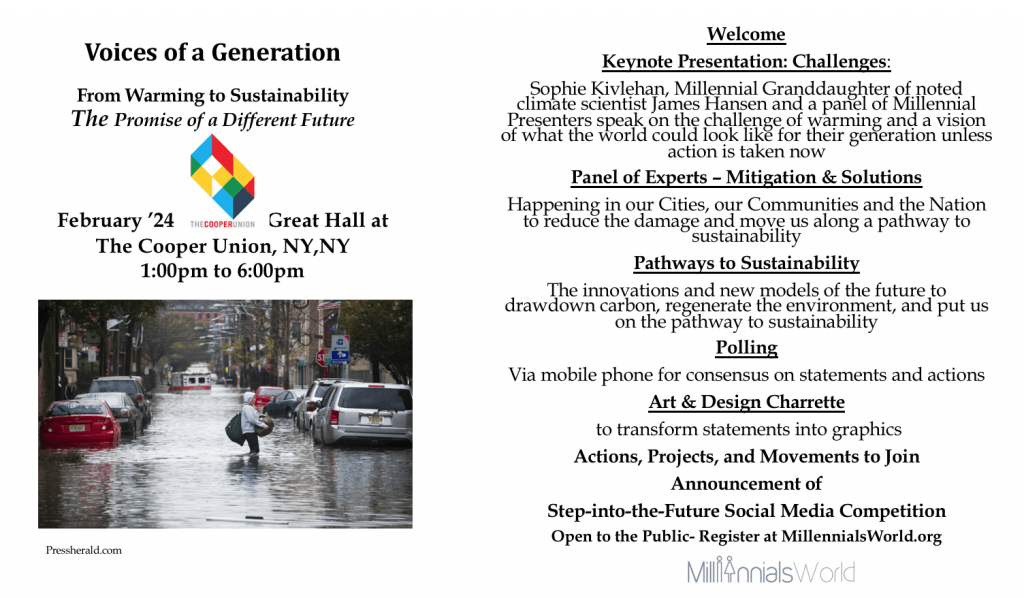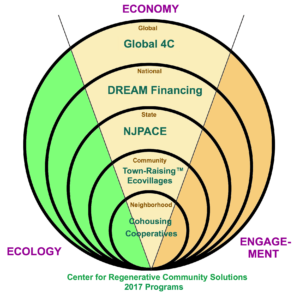The 2022 NJ Planning and Redevelopment Conference will be held virtually on June 14-15 and in-person on June 16 at the Hyatt Regency in New Brunswick.
The conference will feature 36 sessions, a virtual and in-person exhibit area, and ways to connect with fellow attendees as it brings together bold ideas, innovative solutions, proven concepts, and best practices for creating better, more inclusive, and equitable places where people live, work and play.
The conference format will feature a mix of concurrent sessions that are pre-recorded, live-streamed, and in-person. The virtual sessions will be available via Pheedloop, the conference platform, with Zoom integration.
We look forward to gathering in person on the final day of the conference at the Hyatt in New Brunswick.
How can we reimagine and redevelop more equitable cities?
Answers to these and other questions, along with many innovative ideas, will be presented through 36 sessions, a virtual and in-person exhibit area, and opportunities to connect with fellow attendees at the 2022 NJ Planning and Redevelopment Conference hosted by @NewJerseyFuture and the New Jersey Chapter of the American Planning Association @njapa.
See you on June 14-16! Register today! #NJPRC22
Scroll down for more information or click to register: https://pheedloop.com/njprc22/site/home/
We know that many New Jersey communities are struggling with a multitude of economic, social, and environmental challenges. How can we create more equitable areas to live, work, and play?
Connect with New Jersey elected officials, professionals, and community leaders to discuss bold ideas, innovative solutions, proven concepts, and best practices for creating better, more inclusive places at the 2022 NJ Planning and Redevelopment Conference.
Join us virtually on June 14-15 and in person at the Hyatt in New Brunswick on June 16. New Jersey is at a turning point, and the only way we can propel our state toward a more sustainable, resilient, and prosperous future is together!
Hundreds of visionary New Jersey professionals, elected officials, and community activists will be discussing how to restart, recover, and reimagine land use in a rapidly changing environment. The three-day conference features 36 sessions, a virtual and in-person exhibit area, and opportunities to connect with fellow attendees. Register today!
https://pheedloop.com/njprc22/site/home/
Registration Rates
- Member: $300
- Non-Member: $350
- Elected Official: $250
- Speaker: $250
- Student: $200
Registration includes a full access pass to all conference programming including:
June 14-15: Convening virtually from 9:00am – 1:00pm each day
- Eighteen (18) virtual sessions, including 2 plenaries
- Virtual exhibit floor and networking
- Virtual session videos will be available to all registered attendees for three months following the conference.
June 16: Convening in person at the Hyatt Regency in New Brunswick from 9:00am-5:00pm
The in-person offerings will follow safety guidance provided by the CDC and NJDOH.
- Eighteen (18) in-person sessions, including 2 plenaries.
- Exhibit floor and various networking opportunities.
- Breakfast, lunch, and reception in the exhibit atrium.
- Note: In-person sessions will not be recorded.






